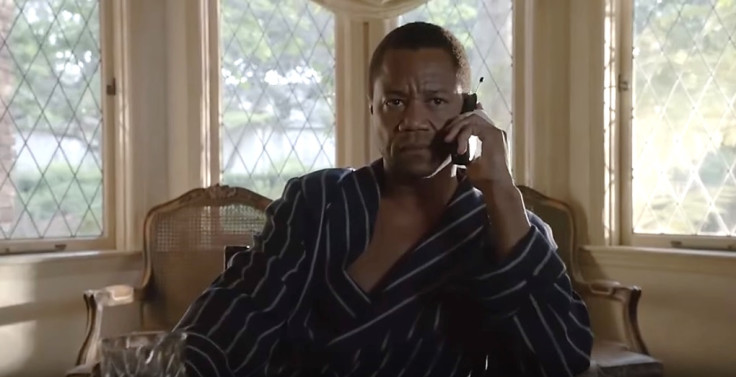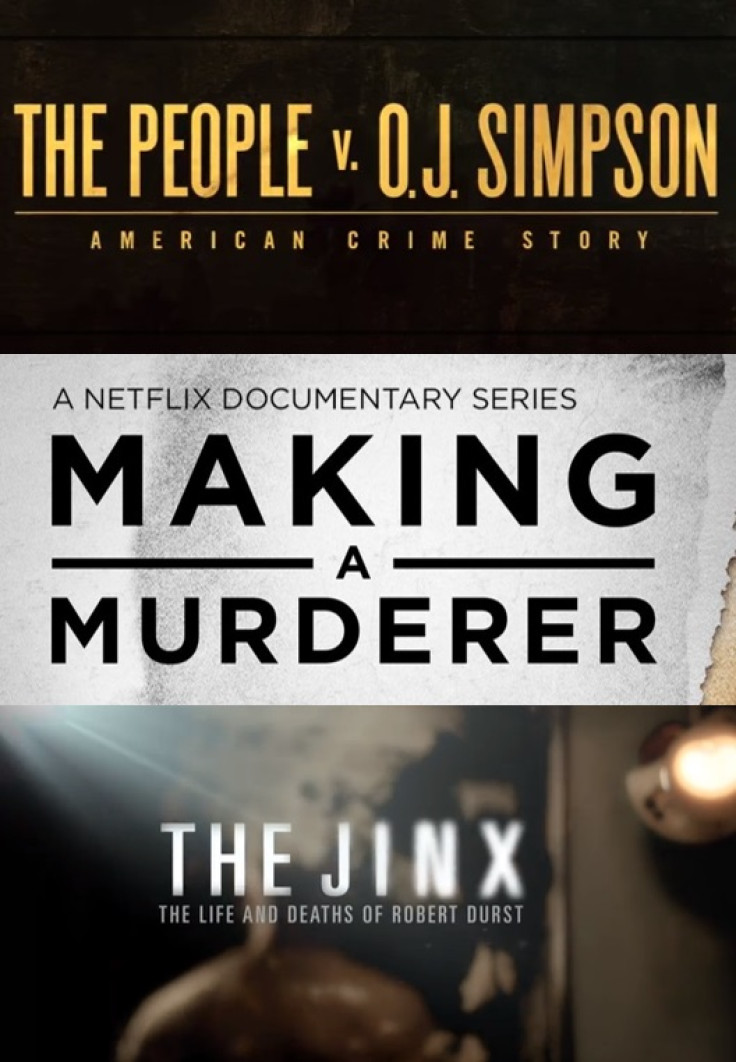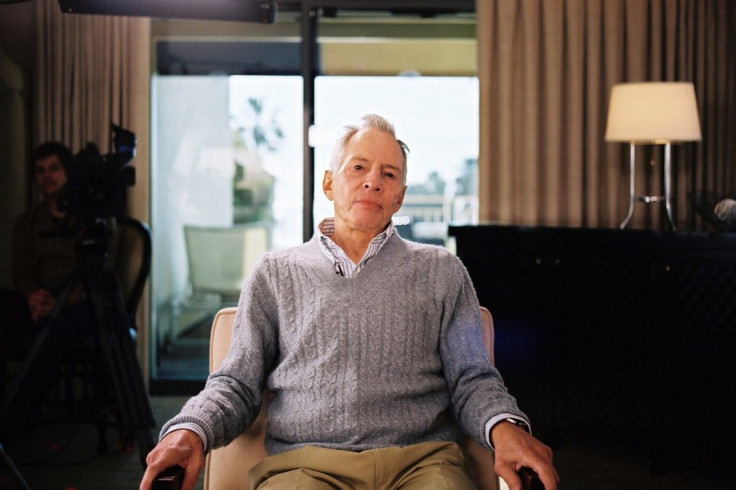True crime on-screen: Why DO we love shows like American Crime Story and Making A Murderer so much?

Making A Murderer,The Jinx and American Crime Story are just some of the massively popular shows, based on true crime, that are earning themselves huge-scale attention these days. But what is it about the genre that draws us in so intensely and has us enthusiastically discussing our thoughts on each episode the very next day in the office? Or waste entire weekends binge-watching?
Many would likely conclude that they're simply entertaining to watch and think nothing more of it, but I'm interested as to why its become such a phenomenon so quickly as of late and why we can't seem to get enough. To get a broad insight, I reached out to a number of experts in psychology to explain their opinions on why it is so big at the moment and what pulls viewers in their millions to their televisions, tablets or laptops to get their fix.

"[Crime on screen] has potential to satiate some of our instinctual drives that have not been satiated," social media psychologist Dr Arthur Cassidy told IBTimesUK. "They normally have a carefully worked-out plot so humans are filled with intrigue, and the curiosity motives come into play, often triggering off the sex or vengeance motive. Observation of sex and violence in a crime series on screen can become cathartic for some individuals."
Law Professor Adam Benforado, author of Unfair: The New Science of Criminal Injustice, took a similar stance, mentioning how "true crime stories have always captivated the public, because they involve the most emotionally evocative subjects—sex, violence, death.
"They capture individuals at their worst moments: the day they killed, the day they lost a mother, the day they were sentenced to life in prison for something they didn't do. It's hard to look away."
However, he went on to concentrate on the timeline of true crime dramas and how more recently, they have often exposed flaws in certain cases that add to their intrigue, and more widely, people's fascination with the genre. "The allure is enhanced by the fact that our legal system doesn't ever really offer total certainty, so we are left to wonder: Could the police have gotten the wrong guy? Was that jury biased?

"Over the last couple years, with a string of highly publicized wrongful convictions, the public has become more open to the possibility that our criminal justice system can fail us and that has buoyed podcasts like Serial and series like The Jinx and Making a Murderer."
Psychotherapist Phillip Hodson believes that viewers of such shows often subconsciously place themselves in the events that are unfolding on screen: "Crime is fascinating because most of us have to live life by the rules – and the idea of doing the opposite is a bit of a rush. Fiction gives us the chance to fantasise and imagine ourselves as a criminal, but a true crime drama takes this a stage further and shows us exactly how we might feel as a real killer or kidnapper – without the mental cushion that 'it's only a story'."
While experts frequently suggest the thrill of danger when watching a show such as American Crime Story is often a drama's main draw, as a fan of the genre myself, I hasten to add that the highs of watching a true crime drama elevate above mere observation too. Thrillers with good twists for example, are exciting to watch because us viewers just love to play detective – so its not all about being the bad guy. It gives us a sense of superiority we might not get in our everyday lives, particularly if we figure out the ending correctly before our friends. This feeling of gratification when it comes to the end result can't help but be amplified when its a real story.
This viewpoint is shared by true crime series fan Erisea Mag Editor In Chief Erika Holt, who believes that the main pull to such shows is that they "allow the viewer to become part of the investigation." But that doesn't stop her from agreeing wholeheartedly with the professionals above, who each pinpoint the dark dangers of the story as the biggest thrill. "People [become] fascinated with true crime, [because] it is a world we don't, and hopefully never will, reside in; somewhere that is filled with terror in the dark and horror at every turn," she told us. "Dipping our toes in from the safety of our home is the only way we would ever really want to examine the worlds most depraved and inhumane people."

But why is true crime so popular at the moment in particular? It's something that's been around for decades after all. Well to me, the internet strengthens our abilities to research the real life facts surrounding each case and enables us to make our own conclusions more absolutely, whilst social media outlets such as Twitter specifically help to amplify that same feeling of being a part of the investigation with other fellow fans. Why stop at just being right before your friends when you can be right before thousands of strangers too, or share your own verdicts of trials and cases?
It creates a sense of unity, as if you really are a team of police investigators solving your own crime. Of course, not all true crime is a mystery to be solved – the outcome may already be known. But in terms of shows such as Ryan Murphy's American Crime Story or Netflix's Making A Murderer, the cases in which they are based on are still speculated on today. It makes them even more exciting and our feelings stronger when we feel like there's not much we can do about said outcomes, especially when we really disagree as it's safe to say, everyone enjoys a heated debate from time-to-time.
Lastly, I believe that true crime shows draw us in more so than fiction-based television series because we feel like we're gaining access to insider knowledge that no one else (even though we know deep down that isn't true) is getting. Case files, fine details of crimes and videos of trials are offered up like the contents of our own personal Pandora's Box. And they've never before been opened, not in a visual way like this, and that idea that we're the ones worthy of seeing them now, all be that view a bit twisted, can't help but make us feel a bit special.
© Copyright IBTimes 2024. All rights reserved.






